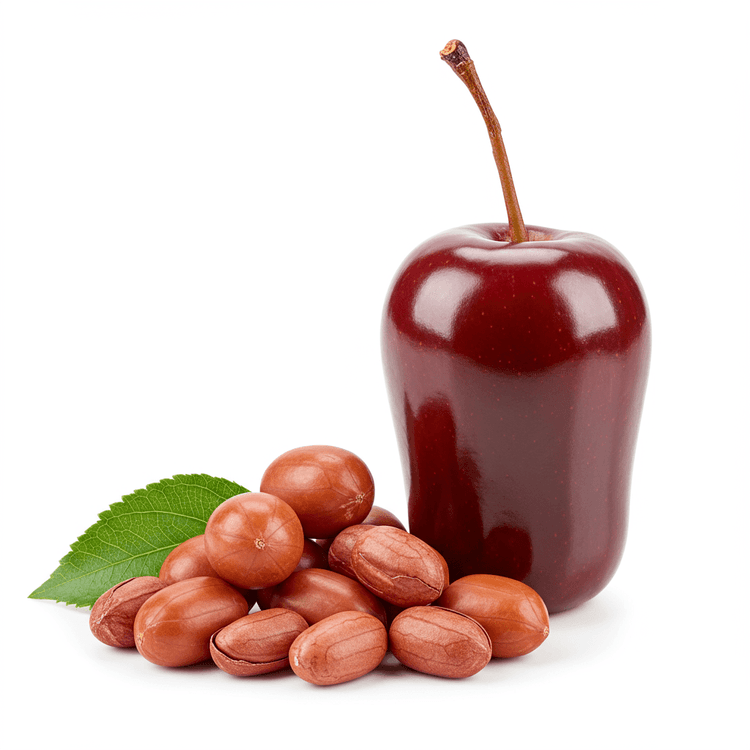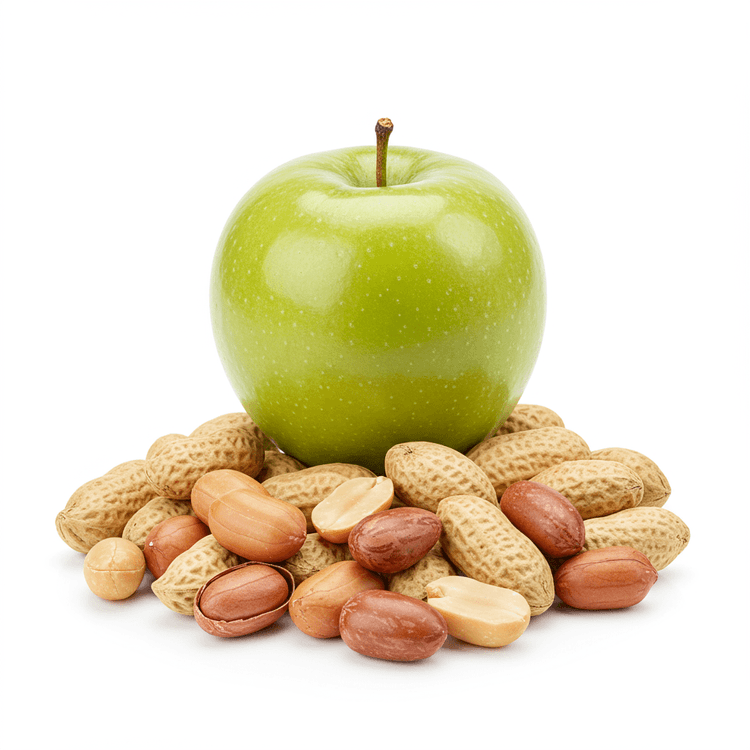
Sauce
Sauce is a liquid or semi-liquid accompaniment served with or used as an ingredient in cooking. Its primary purpose is to add flavor, moisture, and visual appeal to a dish. Sauces range in texture from thin and watery to thick and creamy, and their flavors can be savory, sweet, spicy, or tangy. The appearance of a sauce varies widely depending on its ingredients and preparation methods. Common ingredients in sauces include stocks, dairy, oils, herbs, spices, vegetables, and fruits. Properly crafted sauce can elevate simple ingredients into restaurant quality meals.
Common Uses
- As a finishing touch, drizzled over cooked meats, vegetables, or pasta to enhance flavor and add visual appeal, think hollandaise over asparagus or pesto on pasta.
- Incorporated into cooked dishes such as stews, braises, and casseroles, adding depth and richness. A classic example would be using tomato sauce in a hearty beef stew.
- Served as a dipping accompaniment for appetizers, snacks, or main courses, allowing for customization of flavor with each bite. Imagine serving different spicy aioli with fries.
- Utilized as a marinade for meats, poultry, or seafood, tenderizing the ingredients and infusing them with flavor before cooking. BBQ sauce on ribs is a perfect example.
- Blended into soups or purees to enrich the consistency and flavor of the base liquid, creating a velvety smooth and flavorful experience, such as adding cream sauce to a tomato soup.
- Used as a binding agent in dishes like gratins or layered casseroles, helping to hold the ingredients together and add moisture during baking, for example, a cheese sauce in a macaroni cheese.
Health Benefits
- May provide vitamins and minerals depending on ingredients (e.g., tomato sauce for vitamin C and lycopene).
- Can be a source of antioxidants, especially in tomato-based or vegetable-rich sauces.
- Can add flavor to dishes, making healthy foods more appealing.
- Some sauces can contribute to satiety and reduce overeating when used in moderation.
Chefadora AI is here.
Experience smarter, stress-free cooking.
Storage Tips
Proper storage depends heavily on the type of sauce. Commercially prepared sauces in sealed jars or bottles can typically be stored at room temperature until opened. Once opened, refrigerate immediately and use within a week or two, depending on the product's instructions. Homemade sauces should always be refrigerated promptly and consumed within 3-4 days. Some sauces, like pesto, can be frozen in small portions for longer storage.
Marnirni-apinthi Building, Lot Fourteen,
North Terrace, Adelaide, South Australia, 5000
Australia





